Posts Tagged "Data Privacy Concerns"
Articles
- Best Marketing Conference Sponsorship
- What Does it Mean to Be an Exhibitor at a Conference?
- What Is the Biggest Social Media Conference?
- What Is an Innovation Conference?
- What Is a Typical B2B Event?
- What Are the Cloud Technology Events in 2025?
- Marketing Event Volunteer Opportunities: A Comprehensive Guide
- Digital Marketing Event Volunteer Opportunities Near Me
- What Does a Volunteer Do at a Conference?
- Is DigiMarCon Worth It?
- Is DigiMarCon Good?
- What is the Biggest Marketing Forum?
- What are Digital Marketing Conferences?
- Marketing Conference Exhibiting: Your Guide to Success
- Digital Summit Comparison: A Closer Look at DigiMarCon
- Digital Marketing Conference
- Digital Marketing Events: Your Guide to Success in 2025
- Marketing Conferences: Unlocking Your Business Potential in 2025
- What Is The Future of Digital Marketing in 2030?
- B2B Event Marketing Strategy: Unlocking Success For Your Business
- Why B2B Event Marketing?
- What Should a B2B Marketing Strategy Include?
- Top Marketing Conferences for 2025
- What Is the Future of Marketing in 2025?
Digital Marketing Conferences
- NORTH AMERICA
- DigiMarCon Cruise
(New Orleans, LA, USA) - DigiMarCon West
(Los Angeles, CA, USA) - DigiMarCon Northwest
(Seattle, WA, USA) - DigiMarCon Canada West
(Vancouver, BC, USA) - DigiMarCon Canada
(Toronto, ON, Canada) - DigiMarCon Canada East
(Montreal, QC, Canada) - DigiMarCon Florida
(Orlando, FL, USA) - DigiMarCon Gulf Coast
(Houston, TX, USA) - DigiMarCon Southern California
(San Diego, CA, USA) - DigiMarCon Midwest
(Chicago, IL, USA) - DigiMarCon Mid-South
(Nashville, TN, USA) - DigiMarCon Great Lakes
(Detroit, MI, USA) - DigiMarCon North
(Minneapolis, MN, USA) - DigiMarCon Central
(Kansas City, MO, USA) - DigiMarCon Texas
(Dallas, TX, USA) - DigiMarCon New England
(Boston, MA, USA) - DigiMarCon Mid-Atlantic
(Philadelphia, PA, USA) - DigiMarCon South Florida
(Miami, FL, USA) - DigiMarCon Southeast
(Atlanta, GA, USA) - DigiMarCon Central Florida
(Tampa, FL, USA) - DigiMarCon East
(New York, NY, USA) - DigiMarCon South Atlantic
(Charlotte, NC, USA) - DigiMarCon America
(Washington, D.C. USA) - DigiMarCon Northern California
(San Francisco, CA, USA) - DigiMarCon Rocky Mountains
(Denver, CO, USA) - DigiMarCon South
(San Antonio, TX, USA) - DigiMarCon Silicon Valley
(San Jose, CA, USA) - DigiMarCon Orange County
(Anaheim, CA, USA) - DigiMarCon Southwest
(Phoenix, AZ, USA) - DigiMarCon World
(Las Vegas, NV, USA)
- DigiMarCon Cruise
- LATIN AMERICA
- EUROPE
- MIDDLE EAST
- AFRICA
- ASIA PACIFIC
- DigiMarCon Hawaii & Pacific
(Honolulu, HI, USA) - DigiMarCon Asia & Japan
(Tokyo, Japan) - DigiMarCon New Zealand
(Auckland, New Zealand) - DigiMarCon Australia
(Sydney, Australia) - DigiMarCon Oceania
(Melbourne, Australia) - DigiMarCon Southeast Asia
(Singapore) - DigiMarCon India
(New Delhi, India) - DigiMarCon North Asia & China
(Shanghai, China)
- DigiMarCon Hawaii & Pacific
- VIRTUAL
Digital Marketing Blog
- What to Expect at DigiMarCon: The Ultimate Digital Marketing Experience October 22, 2025
- Unlock Website Traffic Growth: 10 Proven Hacks to Try September 16, 2025
- Sponsorship Opportunities at DigiMarCon 2025 – Join Us Now September 16, 2025
- Sponsorship Opportunities at DigiMarCon 2025 – Join Us Now September 16, 2025



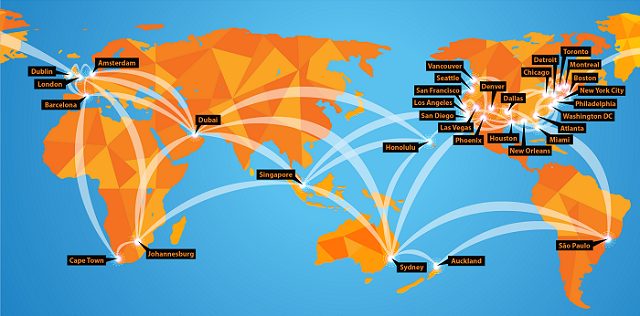


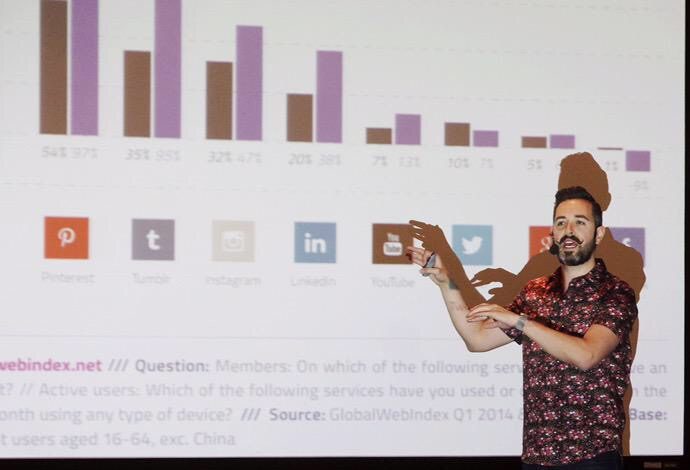
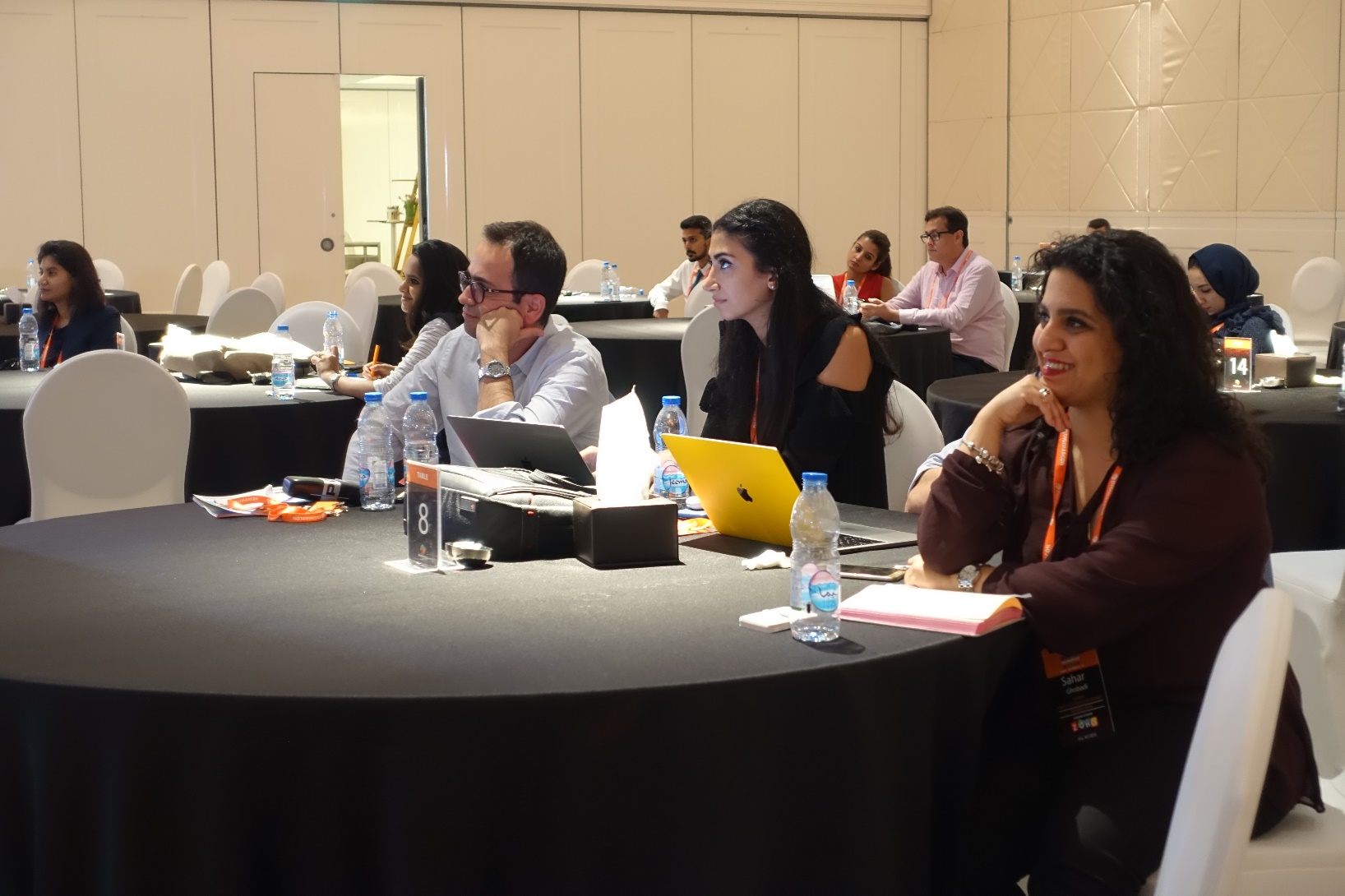



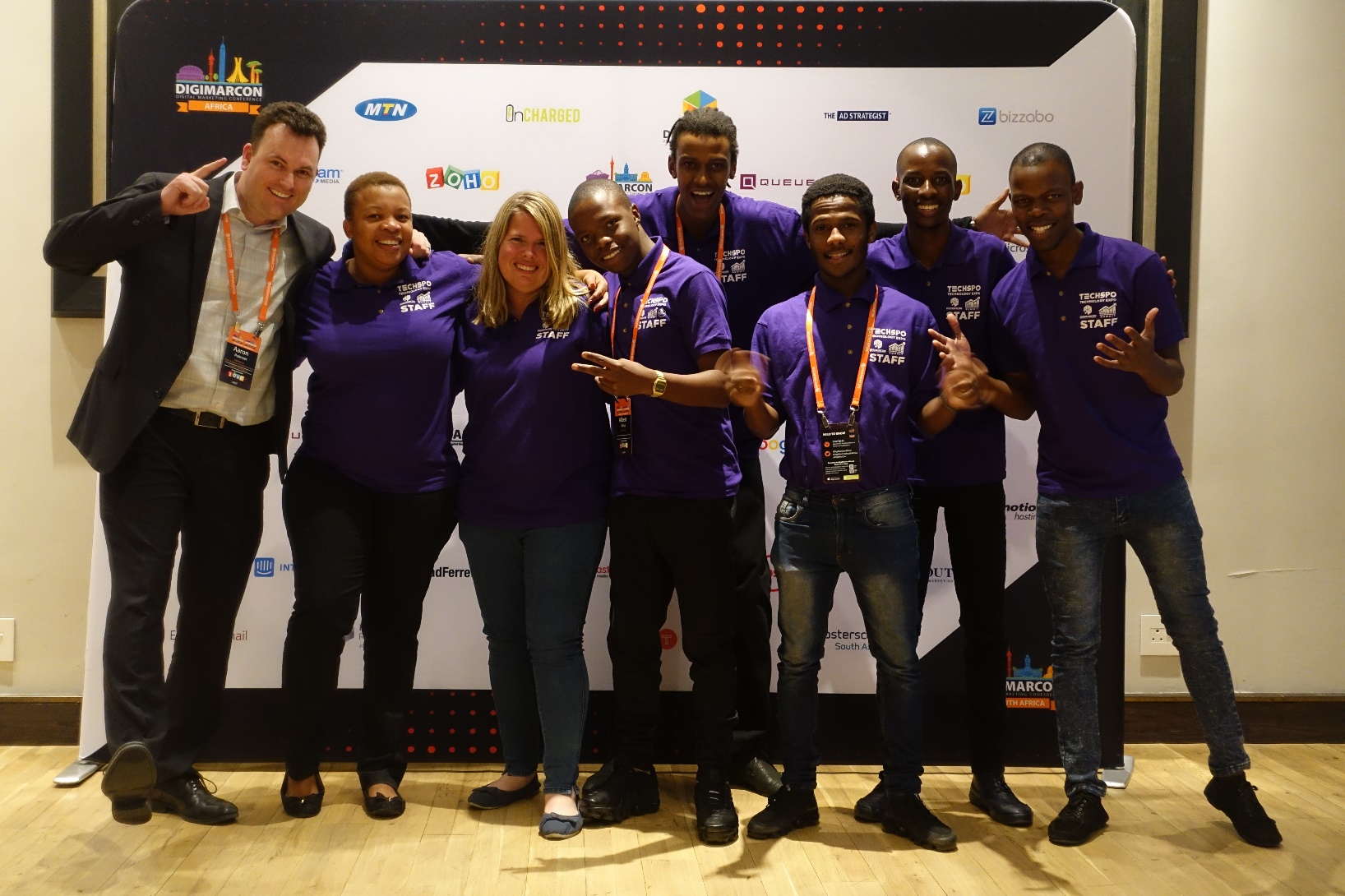

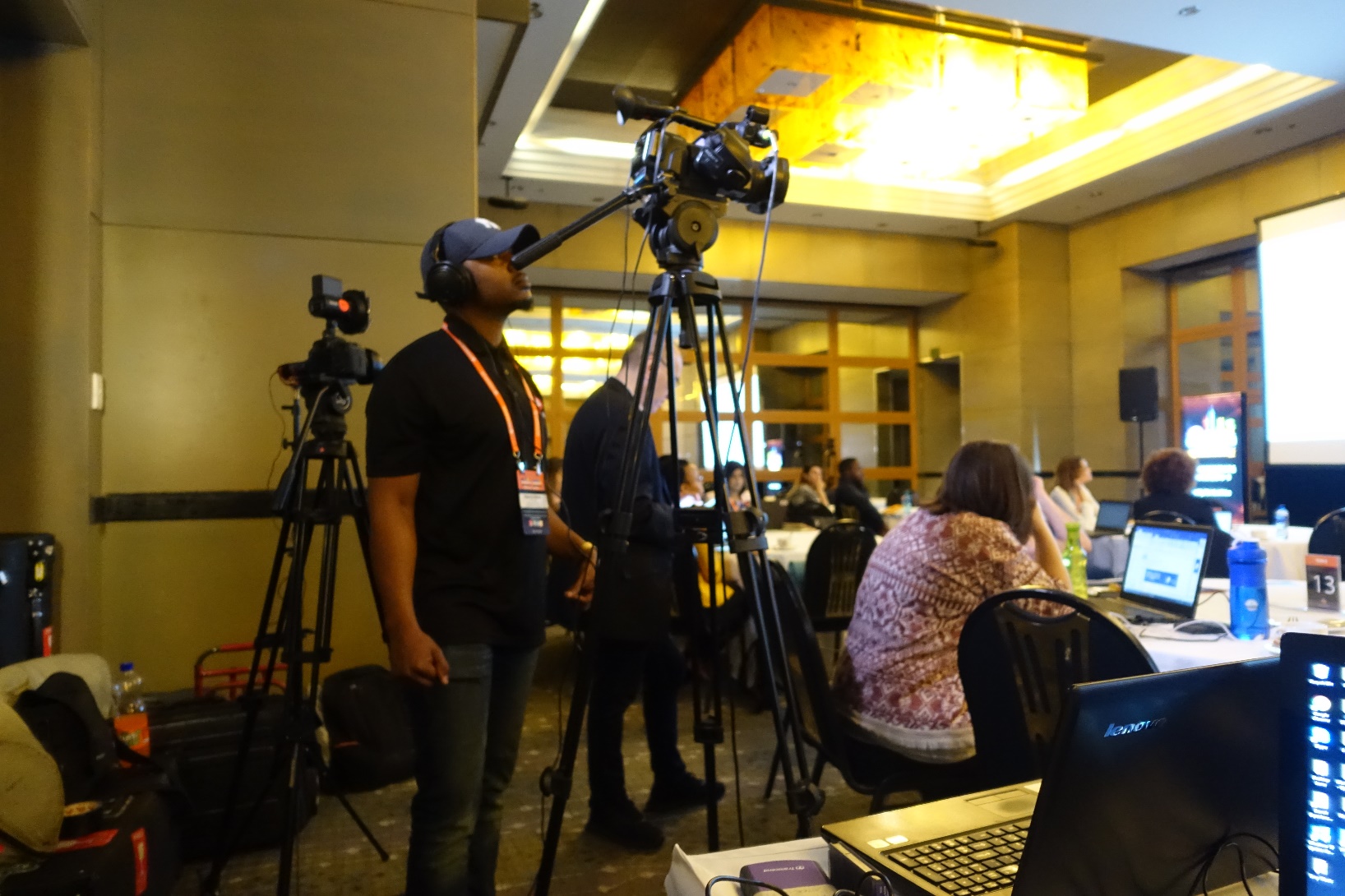



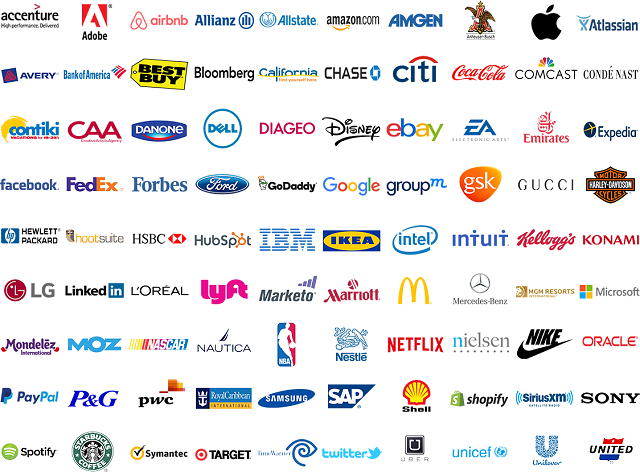















Navigating Personalization & Privacy in Digital Experiences
Digital worlds are changing fast. Finding a balance between a personalized experience and privacy is key.
Marketers, tech experts, and users are all figuring this out. Digital personalization has added value, but it also brings up big privacy issues.
Finding the right balance is essential. This article dives into Personalization & Privacy. It offers tips on making digital experiences fun while keeping user privacy in mind.
Key Takeaways
The Evolution of Digital Personalization
The digital world has changed a lot in personalization. It has moved from simple targeting to complex AI-driven experiences. This change has made user experiences better and helped businesses succeed.
From Basic Targeting to AI-Driven Experiences
At first, digital personalization was just about targeting based on user demographics. But now, with AI and machine learning, it’s much more advanced. AI-driven experiences can analyze lots of user data to make interactions very personal.
The Rise of Data-Driven Decision Making
Data-driven decision-making has also grown a lot. Businesses use user data to make better choices. This helps them personalize digital interactions better. It’s key in today’s digital world.
How Personalization Shapes Modern Digital Interactions
Personalization is key in today’s digital world. It makes user experiences better, which increases engagement and loyalty. So, businesses keep finding new ways to personalize their digital offerings.
Good personalization strategies help both businesses and users. As technology keeps getting better, personalization will play an even bigger role in digital interactions.
Understanding the Value of Personalization
Personalization is key in digital experiences, offering big benefits for users and businesses. It makes content and interactions fit each user’s preferences. This boosts the user experience a lot.
Enhanced User Experience Benefits
Personalized digital experiences make users more engaged and happy. When content matches their interests, users spend more time and interact more. This leads to better loyalty and more sales.
Business Advantages of Personalized Content
For businesses, personalization is a big win. Using data on user behavior, companies can make marketing that hits the mark. This builds better customer relationships and boosts sales.
Case Studies: Successful Personalization Strategies
Many businesses have seen great success with personalization. For example, an e-commerce site boosted sales with a recommendation engine. A streaming service also kept users coming back with personalized content.
These stories show how personalization can change digital experiences and help businesses grow. By using user preferences, companies can make their interactions more engaging and effective.
The Privacy Paradox in Digital Spaces
The digital world faces a paradox. The more we get personalized experiences, the more we worry about privacy. This balance between personalization and privacy is a big issue today.
Defining the Privacy-Personalization Tension
Personalization needs our data, which makes us worry about privacy. As we become more careful with our data, companies must find a way to keep our trust.
Consumer Attitudes Toward Data Collection
People are now more aware of their online data. They want more control over their privacy settings and consent. This change means companies need to be open about how they use our data.
The Trust Factor in Digital Relationships
Trust is key in this situation. Companies must be clear about their data use and give users control over their privacy settings and consent management. This way, they can build a trustworthy online space.
To solve the privacy paradox, we need a balance. This balance comes from being open about data use, having strong privacy controls, and using data ethically.
Data Collection Methods for Personalization
Effective personalization in digital experiences relies on advanced data collection methods. These methods help businesses understand user behavior, preferences, and needs. This understanding leads to more tailored and engaging interactions.
Explicit vs. Implicit Data Collection
Data collection for personalization falls into two categories: explicit and implicit. Explicit data collection gets information directly from users, like through forms or surveys. On the other hand, implicit data collection tracks user actions, such as browsing history and purchases.
Cookies, Tracking Pixels, and Digital Fingerprinting
Implicit data collection often uses cookies, tracking pixels, and digital fingerprinting. Cookies save user data on devices. Tracking pixels are small images that track website behavior. Digital fingerprinting collects device and browser info to identify users.
Cross-Device Tracking Technologies
Cross-device tracking technologies collect data across multiple devices. This gives a full view of user behavior. It includes:
Mobile App Tracking
Mobile app tracking collects data from users interacting with mobile apps. This data includes in-app behavior, location, and device details.
Connected TV and IoT Data Collection
The growth of Connected TV and IoT devices has expanded data collection. It includes viewing habits and smart device interactions. This data helps create more personalized experiences on various platforms.
By using these data collection methods, businesses can improve their personalization strategies. This leads to more engaging and relevant user experiences.
Navigating Personalization & Privacy Regulations
The mix of personalization and privacy is getting more rules, affecting businesses everywhere. Governments and rules makers are tackling data privacy worries. Companies need to change how they personalize to follow new laws.
GDPR and Its Global Impact
The General Data Protection Regulation (GDPR) has changed how we handle data. It’s a big deal, with big fines for not following it. Companies all over must follow GDPR rules for data from EU people.
CCPA and American Privacy Frameworks
In the U.S., the California Consumer Privacy Act (CCPA) is a big deal. It lets people control their data more, like GDPR. Businesses must figure out how to follow these rules in different places.
Emerging Regulations and Future Compliance
Rules are always changing, and businesses need to keep up. New rules will likely make things clearer, like getting clear consent and protecting data better. Companies should get ready to change their ways to keep up with these updates.
Things to think about for businesses include:
By handling these rules well, businesses can keep personalizing while protecting privacy. This builds trust and follows the rules in our fast-changing digital world.
User Control and Consent Management
Effective user control and consent management are key to balancing personalization and privacy. As users learn more about their digital rights, businesses must adapt. They need to offer clear and easy-to-use consent systems.
Designing Effective Consent Mechanisms
To design good consent mechanisms, clear communication about data use is essential. Users should have real choices. This can be done by:
Preference Centers and Privacy Settings
Preference centers and privacy settings let users control their data. Companies like Apple and Google have made these tools easy to use. They let users decide how much data to share.
The Role of Transparency in Building Trust
Being open about data practices is vital for trust. Companies must explain how they handle user data. Important points include:
By focusing on user control, consent, and transparency, businesses can build trust. They can also offer a more personalized digital experience.
Personalized Marketing in a Privacy-Conscious Era
Personalized marketing is changing due to growing privacy worries. As people learn more about their online rights, companies must change how they market. They need to focus on both making things personal and keeping privacy in mind.
Shifting from Third-Party to First-Party Data
The decline of third-party cookies is making marketers use first-party data more. This means getting data straight from customers through websites, subscriptions, and feedback. It helps build trust with customers.
Building Customer Relationships Through Relevant Content
Creating relevant and engaging content is key for strong customer ties. Marketers can do this by making personalized content that speaks to their audience. This makes users happy and keeps their privacy safe. It also makes customers more likely to share their data.
Measuring Success Without Compromising Privacy
To see if personalized marketing works without hurting privacy, businesses use privacy-friendly metrics. They look at things like how long people stay on their site or how many click on links. This way, they can be effective and still respect privacy.
By using these methods, companies can handle personalized marketing in a way that respects privacy. This helps them build better, more trustworthy relationships with their customers.
Ethical Approaches to Data Usage
Businesses now rely more on data-driven strategies. It’s key to use data ethically to keep user trust and follow rules. Good consent management and data protection are at the heart of this, making sure data is used right.
Data minimization is a big part of using data ethically. It means only collecting data needed for a specific task. This lowers the chance of data breaches and misuse. It also makes managing data easier and helps follow rules better.
Data Minimization Principles
To follow data minimization, you need to know the data’s whole life cycle. Businesses should figure out what data they really need. Then, they should stop collecting data they don’t need. This makes data protection better and data handling simpler.
Purpose Limitation and Data Retention
Setting clear rules for data use and how long to keep it is key. Businesses should say why they collect data and not use it for other things without asking. Data should be kept only as long as needed for its purpose.
Ethical AI and Algorithm Transparency
Ethical AI and clear algorithms are also important. Businesses should explain how their algorithms work and make sure they’re fair. They should check AI systems often for fairness and share how they work with users. This builds trust and shows they care about ethical data use.
By following these ethical data use steps, businesses can meet rules and build trust with users. Good consent management and data protection are key to this.
Privacy-Preserving Personalization Technologies
The search for personalized marketing has sparked new tech that values user privacy. Companies aim to offer custom experiences while dealing with the Personalization & Privacy challenges.
Edge Computing and On-Device Processing
Edge computing is a key player in this field. It handles data right on your device, cutting down on data sharing. This keeps your info safe while still giving you a personalized experience.
Federated Learning Approaches
Federated learning is another big name. It trains AI models using data from many devices, keeping your info private. This method boosts privacy and makes personalized models more accurate.
Differential Privacy Implementation
Differential privacy makes sure data analysis doesn’t hurt your privacy. It adds noise to data or uses other ways to keep your info safe. This way, companies can learn from data without sharing your secrets.
Anonymization vs. Pseudonymization
It’s important to know the difference between anonymization and pseudonymization. Anonymization hides your identity, while pseudonymization uses fake names. Both protect your privacy, but in different ways.
Aggregated Data Analysis
Aggregated data analysis looks at data in groups, so you can’t tell who’s who. This is great for marketing, as it lets companies understand you without knowing your name.
Using these privacy-preserving personalization technologies, companies can offer you what you want while keeping your info safe. As the digital world grows, these tools will play a bigger role.
The Future of Personalization in a Privacy-First World
Digital experiences are changing fast. The balance between personalization and privacy is key. We need private and secure online interactions, driving new personalization strategies.
Post-Cookie Personalization Approaches are being developed. They aim to replace cookie-based tracking. New tech is coming that lets us personalize without third-party cookies.
Post-Cookie Personalization Approaches
These methods use server-side tracking and federated learning. Server-side tracking is more secure and accurate. Federated learning trains AI on decentralized data.
Zero-Party Data Strategies
Zero-party data comes from users directly. It’s collected through interactive experiences and preference centers. This builds trust and gives businesses insights into what users like.
Contextual Targeting Renaissance
Contextual targeting is coming back. It focuses on user context, not cookies. This way, businesses can share relevant content without invading privacy.
Preparing for a More Private Digital Ecosystem
To succeed in a privacy-first world, businesses need a few things:
By using these strategies, businesses can offer personalized experiences that respect privacy. This builds stronger customer relationships.
Conclusion: Striking the Right Balance
Finding the right balance between personalization and privacy is a big challenge in the digital world. Businesses face a complex mix of data privacy rules and what users want. They need to make experiences that are personal but also respect users’ privacy settings.
Companies can use new technologies to make digital experiences better while keeping user privacy in mind. This balance is hard to keep but is crucial for success in the digital world.
Success comes from knowing what users need, being open about data privacy, and valuing users’ privacy settings. As the digital world keeps changing, companies that focus on both personalization and privacy will do well in the long run.
FAQ
What is the main challenge in balancing personalization and privacy?
The main challenge is to make digital experiences personal while keeping user privacy safe. This must be done while following new rules.
How does personalization benefit businesses?
Personalization makes user experiences better, boosts engagement, and raises customer happiness. It also helps businesses make more money by targeting their marketing.
What are the key data collection methods used for personalization?
To personalize, businesses use several methods. These include getting data directly from users, using cookies and tracking pixels, and tracking across devices.
How do regulations like GDPR and CCPA impact personalization?
Laws like GDPR and CCPA change how businesses use user data. They make businesses adjust their personalization plans to follow these new rules.
What is the role of transparency in building trust with users?
Being open about how data is used helps build trust. Giving users control over their privacy settings and consent options is key.
How can businesses measure the success of personalized marketing efforts without compromising privacy?
Success can be measured by using data from the business itself. Creating content that matters and analyzing data in a way that respects privacy are good ways to do this.
What are some emerging technologies that enable privacy-preserving personalization?
New tech like edge computing and on-device processing help keep user data safe. Federated learning and differential privacy also play a role in personalizing without invading privacy.
How will the future of personalization be shaped by the need for greater privacy?
The future of personalization will focus on new ways to target users without cookies. Zero-party data and contextual targeting will be key, as businesses adapt to a more private online world.